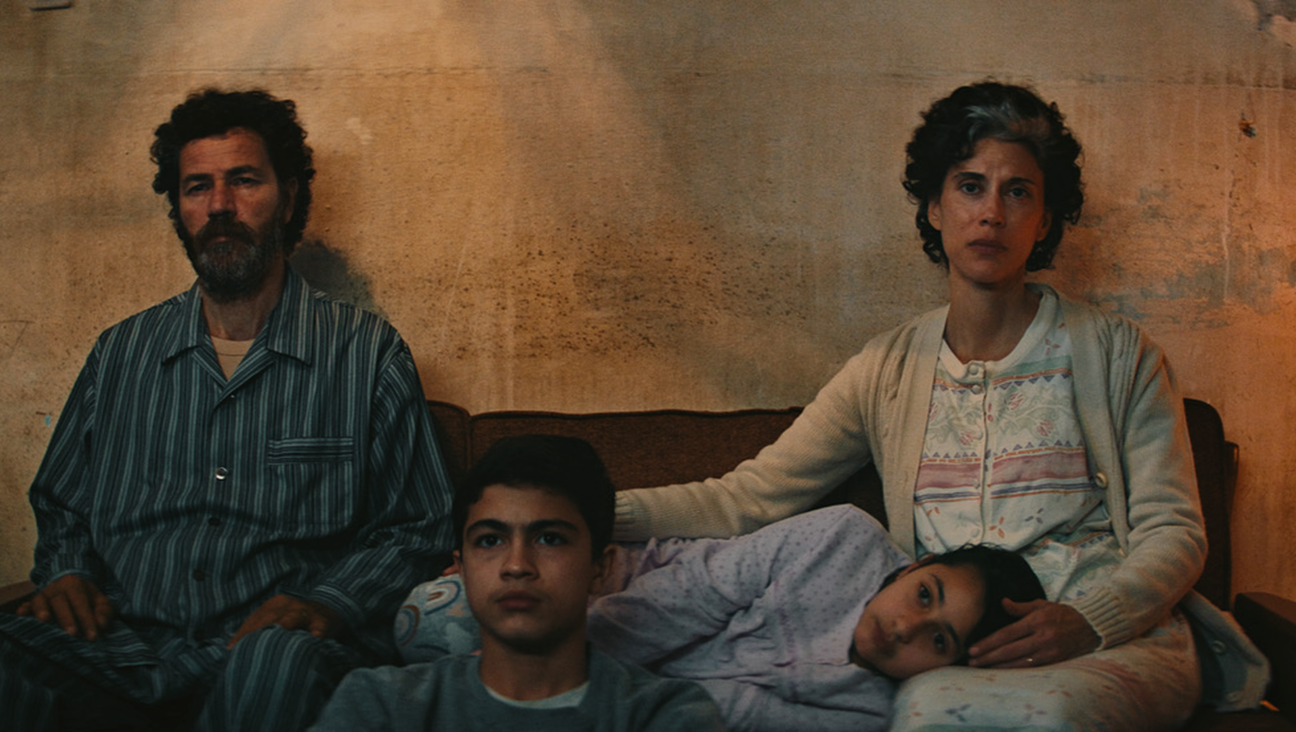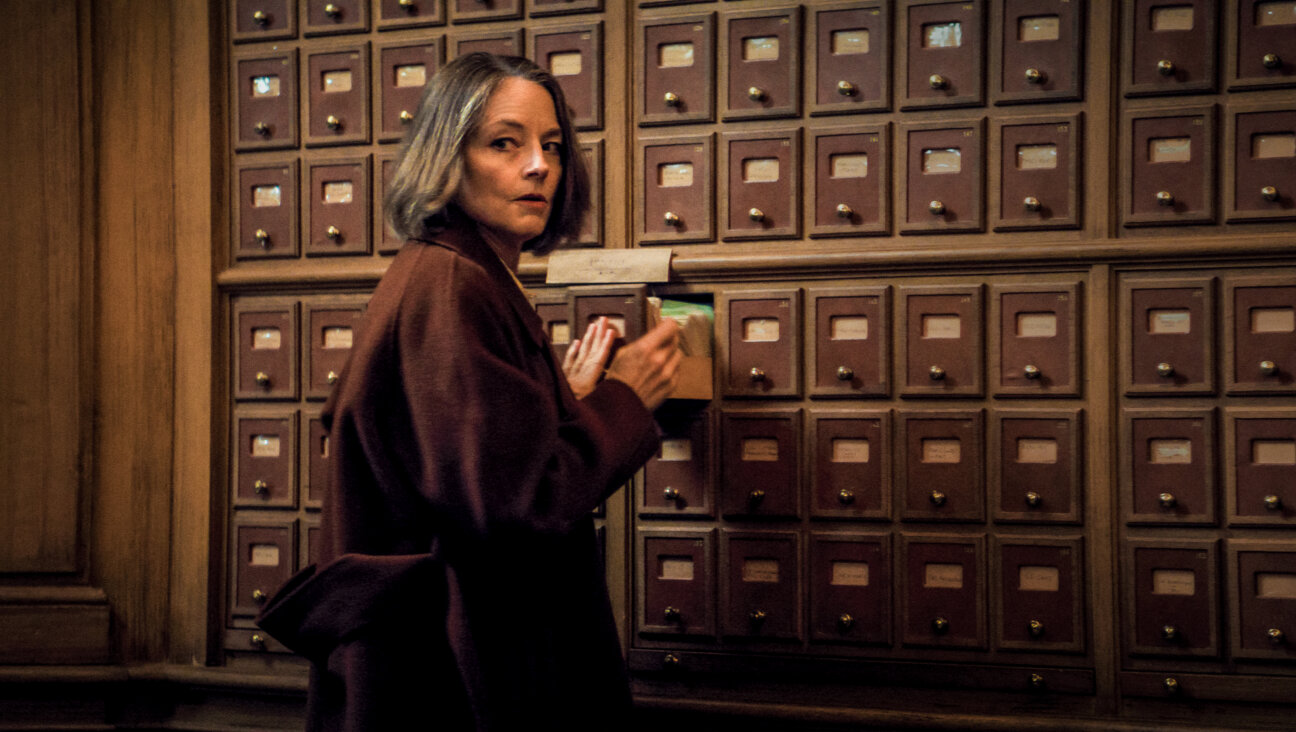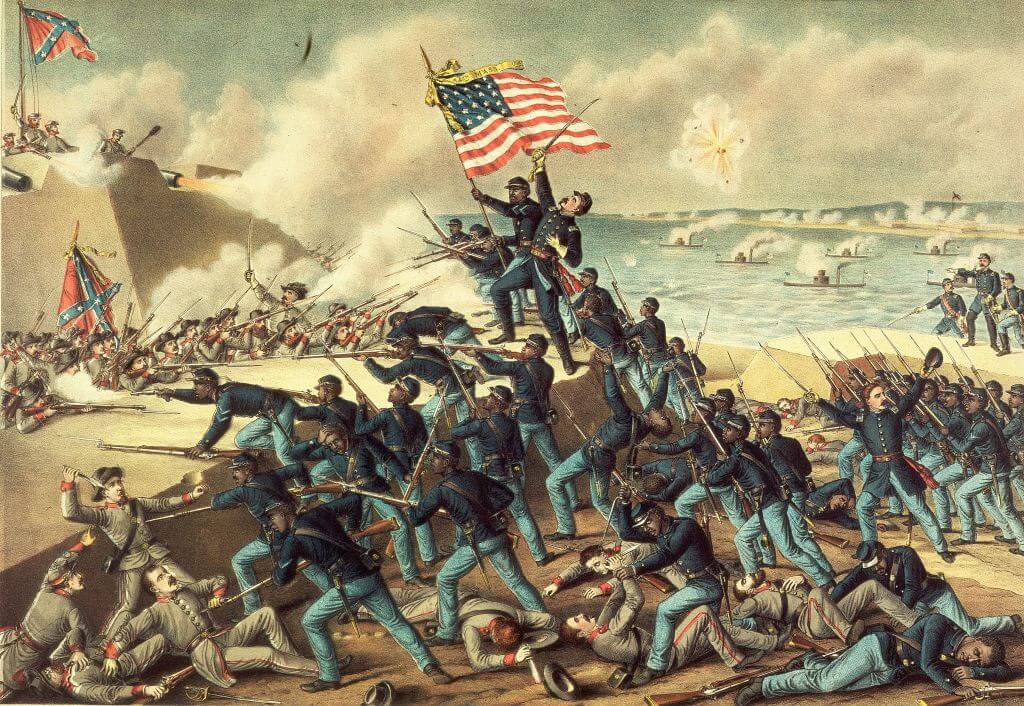Chantal Akerman, Pioneering Feminist Filmmaker, Dies at 65

Graphic by Angelie Zaslavsky
Belgian filmmaker Chantal Akerman, a daughter of Holocaust survivors known for her experimental films that closely examined women’s lives, has died in Paris. She was 65.
French media reported that Akerman committed suicide. The date and cause are not yet known, according to the New York Times.
Her parents were Polish Holocaust survivors, and her latest film, “No Home Movie,” is based on conversations between the filmmaker and her late mother. The film screened at Locarno and will show at the New York Film Festival.
Akerman was born in Brussels and was inspired to make films after seeing Jean-Luc Godard’s “Pierrot le Fou” as a teenager. She made her most well-known work in 1975 when she was just 25: The three-hour long “Jeanne Dielman, 23 Quai du Commerce, 1080 Bruxelles” follows a housewife in real time and builds to a dramatic ending. It has been called one of the first and greatest feminist films.
Akerman’s work influenced directors, including Todd Haynes, Sally Potter and Michael Haneke. She took a more commercial approach in 1996’s “A Couch in New York,” which starred Juliette Binoche and William Hurt.
The Toronto Film Festival described her influence in a statement: “Daring, original, uncompromising and in all ways radical, Akerman revolutionized the history of cinema not only with her masterpiece ‘Jeanne Dielman, 23 quai du Commerce, 1080 Bruxelles,’ but also with the sustained urgency of her brilliance. With acknowledged influences from Michael Snow and Godard, Akerman created new formal languages and consistently expanded cinema’s reach with her restless curiosity and willingness to wade into taboo subjects.”
She made her first film, “Saute Ma Ville” (“Blow Up My City”), at the age of 18. In the black-and-white short, she destroys her kitchen, then blows it up with gas. In her 40-plus films, she often repeated themes of alienation with echoes of the trauma of the Holocaust. Among her other films were Joseph Conrad adaptation “Almayer’s Folly,” Marcel Proust adaptation “The Captive,” “News From Home” and “A Whole Night.”—Variety.com















